Copyright 1998 by Andrew Cohen and J. L Granatstein.
All rights reserved under International and Pan-American Copyright Conventions. No part of this book may be reproduced in any form or by any electronic or mechanical means, including information storage and retrieval systems, without permission in writing from the publisher, except by a reviewer, who may quote brief passages in a review. Originally published in hardcover in 1998 by Random House of Canada Ltd., Toronto.
1. Trudeau, Pierre Elliott, 1919- .2. Canada - Politics and government
1963-1984. 3. Prime ministers - Canada - Biography.
3. Prime ministers - Canada - Biography.
I. Cohen, Andrew, 1955-. II. Granatstein, J.L., 1939-.
FC 626. T 7 T 794 1999 971.0644092 C 99-931179-4
F 1034.3. T 7 T 78 1999
Introduction
S PRING 1968: The huge crowd waiting in the city centre was festive, the red banners and posters waving. Party workers passed through the throng handing out buttons and pamphlets, especially to children and young women in miniskirts, of whom there were far more than usual at political rallies. When members of the official party finally made their way to the stage to begin reciting their prepared texts, the people became impatient. Shouts of We want the prime minister! began to be heard, and soon the whole crowd was clapping in unison, drowning out the local nabobs.
At last, the time had come: Ladies and gentlemen, the prime minister of Canada. As the slight, natty figure appeared from the rear of the stage, young and old alike went wild, everyone pressing closer to the stage, reaching out to touch him, throwing flowers, shouting his name. The leaders attempts to calm them did not really succeed, and not until he began his speech was quiet restored. Canadians had never had a politician like this before, and the election campaign of 1968 was not a contest but the coronation of Canadas new king, Pierre Elliott Trudeau.
Incredibly, that was thirty years ago, a full generation. The adolescents in the crowds who turned out to greet the new Liberal leader are todays adults. Trudeau was then forty-eight years old, and now he is almost eighty. Much has changed in Canada, but what has not, despite all the vicissitudes of partisan politics, is that Trudeau in 1998, just as in 1968, remains a force in Canada. In 1968 he inspired Canadiansacademics, politicians, and teeny-boppers alikewith his charismatic appeal for participatory democracy and a new style of politics. In 1998, with Canada and Quebec still on a collision course, politicians continue to fear that Trudeau might again make a speech or issue a statement that suddenly swings public opinion in Canada, exactly as he did during the Meech and Charlottetown debates. No other Canadian public figure has ever retained such power to move his country almost fifteen years after leaving office.
No one else in office either has ever had his power to galvanize opinion. While he was prime minister, Trudeau was the most loved and most hated of leaders, sometimes simultaneously. He burst onto the scene in 1965, a virtual political novice. He had come to Ottawa after a lifetime as a political gadfly, student, and lawyer, but he was still so little known that people could argue over the spelling of his middle namewas it Eliot, Elliot, or Elliott? He had written a book, published in English as Federalism and the French Canadians, but though many had heard of it, almost no one had read it. What was important was that he was a federalist. When he was chosen party leader and prime minister in 1968, the issue of the day was Quebec and its place in Canada. The man and the subject came together perfectly and, after the respected but dull Lester Pearson, he was youthful, intellectual, irreverent, and sexy.
Trudeau was born in 1919 in Montreal, and he grew up in a family that went in a few years from being comfortable to being rich. He was fluently bilingual; he was educated by the Jesuits at the Collge Jean-de-Brbeuf, and then at Harvard, the London School of Economics, and cole des sciences politiques in Paris; and he travelled widely. During the Second World War he had taken part in anti-conscription demonstrations and did not serve in the forces, but in the long era of Maurice Duplessis he resisted the know-nothing nationalism that kept French Canada in blinkers. He became a founder of Cit libre in 1950, a small magazine that tried to light up the darkness. He lined up with the workers during the great Asbestos strike of 1949, a climactic event in the struggle against Duplessis, and he soon began to write powerful essays that attacked the attitudes and predilections of the nationalistes and their friends in and out of power. This exposure gave him contacts throughout opposition circles in Quebec, and eventually, once Duplessis was gone, led to the life of a law professor at Universit de Montral.
Trudeau had no party politics as yet. He leaned towards the New Democratic Party and its predecessor, the Co-operative Commonwealth Federation, but never joined. He denounced the Liberals under Pearson for their nuclear policy, and showed no interest at all in the Conservatives of John Diefenbaker. But in 1965, when Pearson was trying to find attractive new candidates in Quebec, Trudeaus name came up and, with Jean Marchand and Grard Pelletier, he went to Ottawa. Very quickly, he was parliamentary secretary to the prime minister, and then a reforming justice minister. In eighteen months he modernized the Criminal Code and the nations antiquated divorce and sex laws. In April 1968 he won the party leadership against the titans of Liberalism on the fourth ballot.
Trudeau set out to remake Canada. The federal position on Quebeccooperative federalism it had been called under Pearsonhardened under Trudeau. At the same time, the prime minister set off on a long quest for a patriated Constitution and a Charter of Rights and Freedoms. Canadian foreign policy was examined root and branch, Canada recognized China, and Trudeau unilaterally altered defence policy. In October 1970 he reacted with cold remorselessness and the War Measures Act to put down the terrorism unleashed by militant Quebec separatists. His government completed the social welfare stateand the Treasury spent public funds as if there were no tomorrow.
Through it all, the voters love affair with Trudeau waxed and waned. The leaders sharp tongueFuddle-Duddle, he told opposition MPS annoyed many, and his arrogance was jarring. The great majority of 1968 was, by 1972, reduced to a minority government dependent for its life on NDP support. In 1974 Trudeau regained his majority but, growing ever more unpopular, narrowly lost power to Joe Clarks Conservatives in 1979. Clark missed his chance to consolidate his hold on power, however, and lost a vote of confidence in the House in December 1979. Trudeau, who had given up the leadership, was persuaded to return. On February 18, 1980, he won another majority.


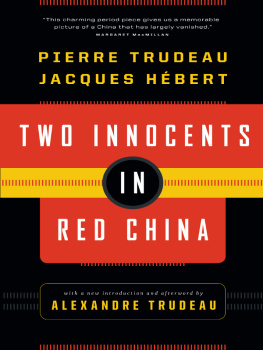
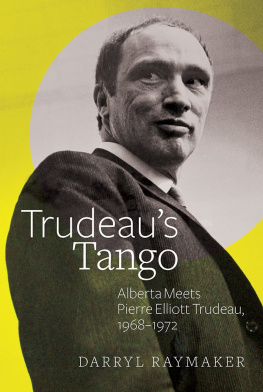
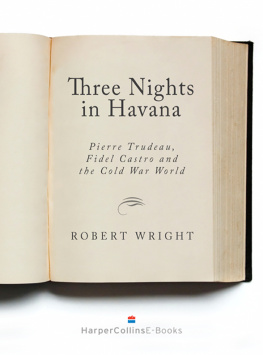
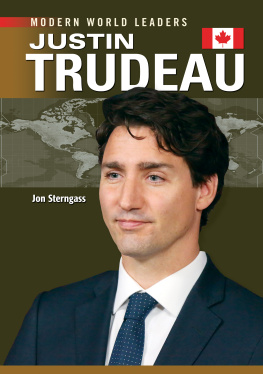
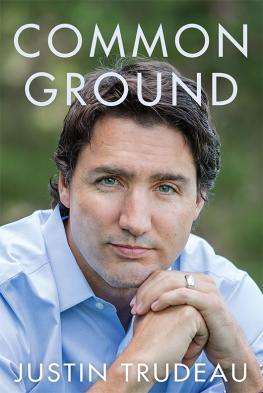
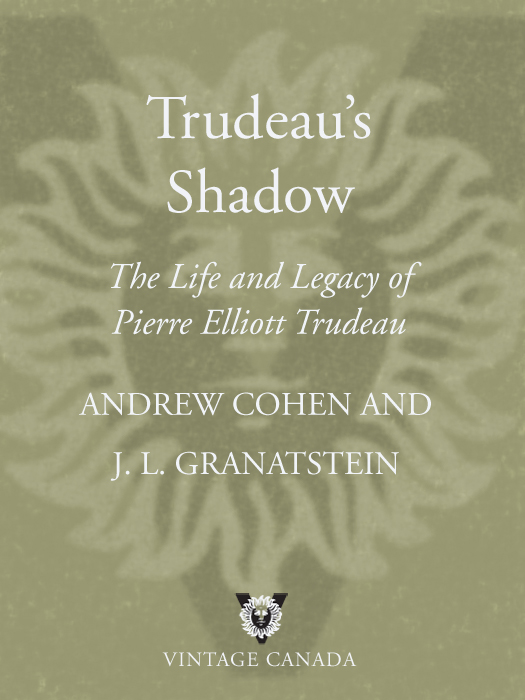
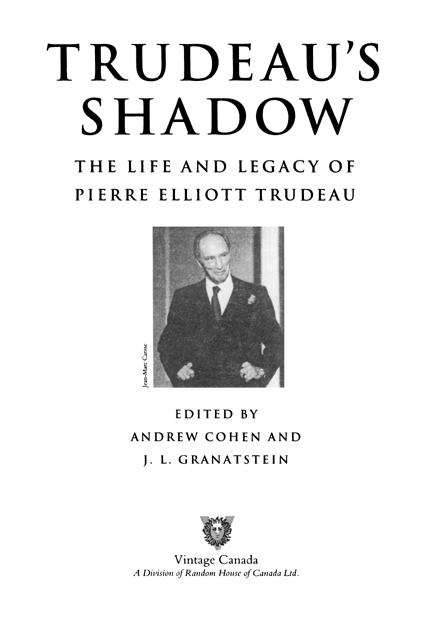
 3. Prime ministers - Canada - Biography.
3. Prime ministers - Canada - Biography.